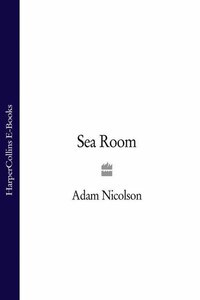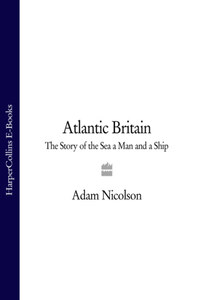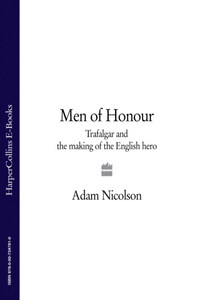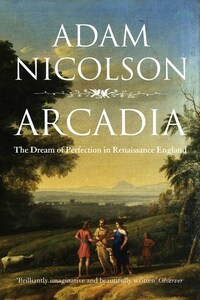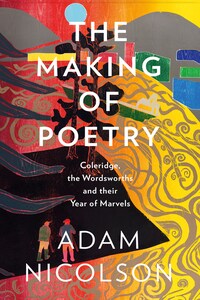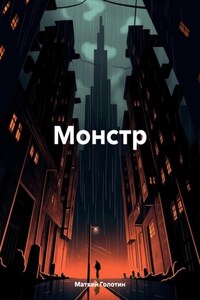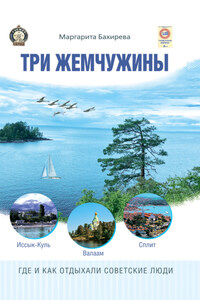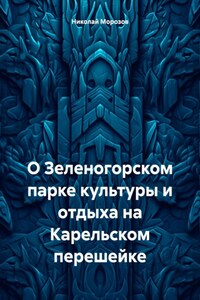Published by William Collins
an imprint of HarperCollinsPublishers 77–85 Fulham Palace Road, Hammersmith, London W6 8JB
www.harpercollins.co.uk
Copyright © Adam Nicolson 2001
Adam Nicolson asserts the moral right to be identified as the author of this work
A catalogue record for this book is available from the British Library
All rights reserved under International and Pan-American Copyright Conventions. By payment of the required fees, you have been granted the nonexclusive, nontransferable right to access and read the text of this e-book on-screen. No part of this text may be reproduced, transmitted, downloaded, decompiled, reverse engineered, or stored in or introduced into any information storage and retrieval system, in any form or by any means, whether electronic or mechanical, now known or hereinafter invented, without the express written permission of HarperCollins e-books.
HarperCollinsPublishers has made every reasonable effort to ensure that any picture content and written content in this ebook has been included or removed in accordance with the contractual and technological constraints in operation at the time of publication.
Source ISBN: 9780006532019
Ebook Edition © NOVEMBER 2014 ISBN: 9780007380718 Version: 2014-10-24
FOR THE LAST TWENTY YEARS I have owned some islands. They are called the Shiants: one definite, softened syllable, ‘the Shant Isles’, like a sea shanty but with the ‘y’ trimmed away. The rest of the world thinks there is nothing much to them. Even on a map of the Hebrides the tip of your little finger would blot them out, and if their five hundred and fifty acres of grass and rock were buried deep in the mainland of Scotland as some unconsidered slice of moor on which a few sheep grazed, no one would ever have noticed them. But the Shiants are not like that. They are not modest. They stand out high and undoubtable, four miles or so off the coast of Lewis, surrounded by tide-rips in the Minch, with black cliffs five hundred feet tall dropping into a cold, dark, peppermint sea, with seals lounging at their feet, the lobsters picking their way between the boulders and the kelp and thousands upon thousands of sea birds wheeling above the rocks.
In summer, the grass on the cliff-tops is thick with flowers: bog asphodel and bog pimpernel; branched orchids, the stars of tormentil and milkwort. ‘Under such skies can be expected no great exuberance of vegetation,’ Dr Johnson wrote, but this miniature spangle of Hebridean flora, never protruding its yellows and deep purples more than an inch or two above the turf, is a great and scarcely regarded treasure. I think of it when in England I walk on expensive Persian rugs; the same points of dense, discreet colour, the same proportion of ground to decoration; a sudden flash of the Hebrides in a rich man’s rooms. It is a private signal to me, a bleeping underfoot, winking through the burr of conversation and offered drinks: Remember me.
At times in the last two decades, these islands have been the most important thing in my life. They are a kind of heartland for me, a core place. My father bought them over sixty years ago for £1,400, he gave them to me when I was twenty-one, and I shall give them to my son Tom when he is twenty-one in four years’ time. This is not, as cynics have sometimes said, for tax reasons. The Shiants seem scarcely to do with money and, anyway, they have been a catastrophic investment. For the same amount, at the same time, my father could have bought a Jacobean manor house in Sussex or a two hundred-acre farm of prime arable in Cambridgeshire. Each would be worth a million or more by now. As it is, if I sold the Shiants, I could perhaps buy a two-bedroom flat in Fulham.
This was never a question of financial riches. My father bought the islands and gave them to me because as a very young man he had felt enlarged and excited by the ownership of a place like this, by the experience of being there alone or with friends, by an engagement with a nature so unadorned and with a sea- and landscape so huge that it allowed an escape into what felt like another dimension. It was a way of leaving home, a step into a different world. He described this, fitfully, in a letter to his brother Ben on first going there in 1937: ‘I would wake up the next morning to find the sun in a sky as pure as a Bavarian virgin,’ the twenty-year-old Balliol undergraduate half-joked.
I would lie all morning with no clothes on, on a rock overlooking the sea, reading and annotating Hegel. In the afternoons I used to run bare-footed across the mile of heather to the edge of the northern cliff, there flinging myself down, to read, or write, or gaze out to sea thinking about life, and what Heaven this was. The view from the top is such that only Greece could parallel.
